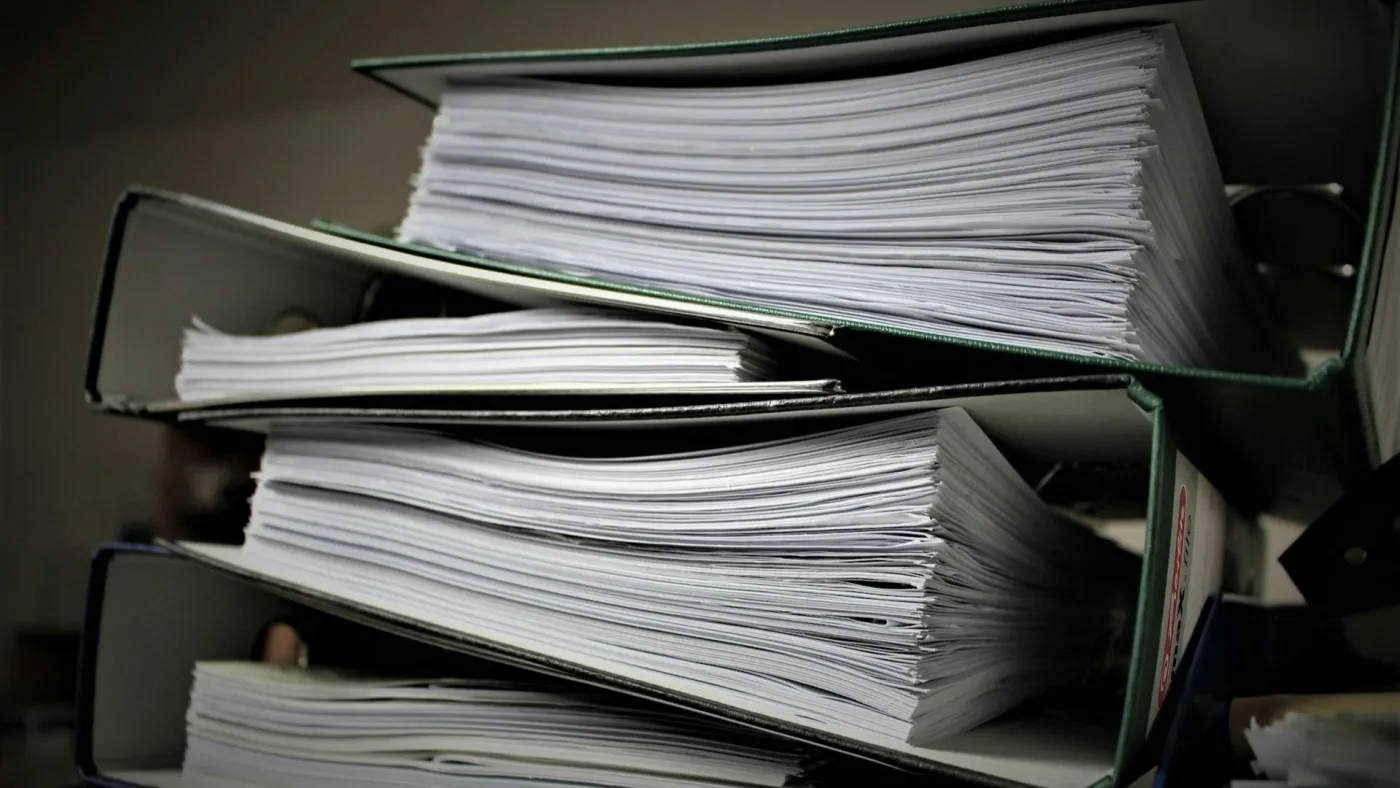Industry Associations of the CEEI: EU Regulation Levels Are Unsustainable

At their recent meeting in Krems, Austria, the industry associations of Austria, the Czech Republic, Slovakia, Hungary, Romania, Slovenia, and Croatia agreed that the current level of European regulation is unsustainable. The EU is losing ground in global competition.
The 2025 Annual Report on the Single Market and Competitiveness shows that two-thirds of European companies view excessive regulation as highly costly and a barrier to investment, compared to only one-fifth in the United States. Productivity in Europe has stagnated compared to the U.S. for three decades, and high energy prices, slow permitting procedures, and labour shortages further weaken European ability to manage the green, digital, social, and security transitions.
In their joint statement, the industry associations of the Central and Eastern European Initiative (CEEI) call for a review of all European rules, including the Green Deal; the application of the “one in, one out” principle for new legislation; a reduction of reporting obligations (by 25% overall and by 35% for small and medium-sized enterprises); transparent and high-quality impact assessments; prevention of gold-plating in the transposition of EU directives; limits on delegated and implementing acts; and, importantly, greater involvement of businesses in drafting regulations.
The statement also highlights specific problematic regulations and proposes their amendments – from the Carbon Border Adjustment Mechanism (CBAM), the Packaging and Packaging Waste Regulation (PPWR), and the Ecodesign Regulation (ESPR), to the Green Claims Directive (GCD), the Deforestation Regulation (EUDR), and the Urban Waste Water Treatment Directive (UWWTD). In principle, the industry associations call for the simplification of these regulations, harmonisation of their implementation, extension of transition periods, and elimination of unnecessary or overlapping obligations that threaten competitiveness, investment, and the smooth functioning of supply chains.
The signatories of the joint statement place particular emphasis on accelerating and streamlining permitting processes – from setting strict deadlines and digitalising construction management, to speeding up environmental impact assessments and harmonising technical and land-use planning requirements across Member States. The overarching goal is to restore the EU’s competitiveness, improve the business environment, and remove bureaucratic obstacles that hinder Europe’s economic development.
The full text of the CEEI joint statement is available below. ⇣⇣⇣